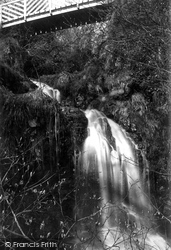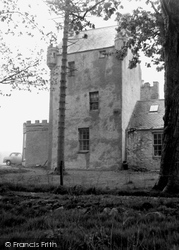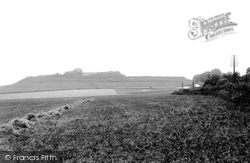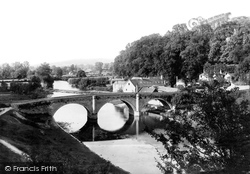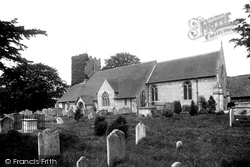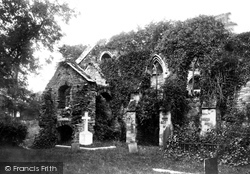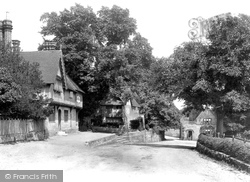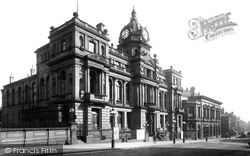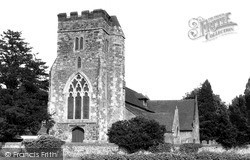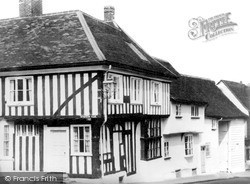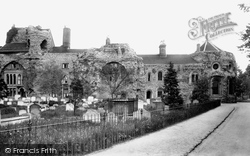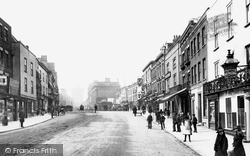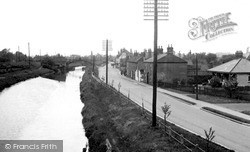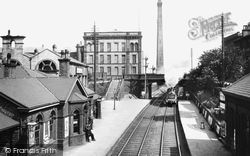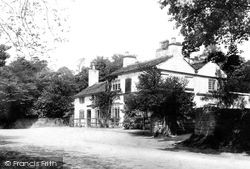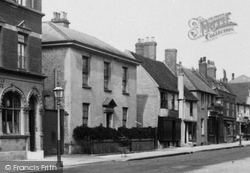Places
Sorry, no places were found that related to your search.
Photos
2 photos found. Showing results 1 to 2.
Maps
Sorry, no maps were found that related to your search.
Books
Sorry, no books were found that related to your search.
Memories
Sorry, no memories were found that related to your search.
Captions
14 captions found. Showing results 1 to 14.
The Millers House seen here is all that remains of a much larger building; it is now almost invisible from the bridge downstream because the trees and riverside vegetation have grown so much.
The present bridge was built in 1823 on possibly medieval stone piers, replacing a much older bridge. Sometimes in dry weather when the river is low the old piers can still be seen.
The low font is Norman, as are the arches, which stand on pillars carved with water lilies, foliage and scallops.
The arch below the porch on the left leads to a vaulted crypt. The ruin stands just to the east of Bodmin church; it is still in a poor state and the window has lost its tracery.
The village is more well-known for its much-visited stately home, Penshurst Place - its entrance arch can be seen at the bottom of the lane.
However, it was originally intended that there should be a much higher tower with two flanking domes, but these were not built because some council members baulked at the cost.
Internally, the church shows its Norman origins with two-bay arcades north and south and unmoulded arches separated by pieces of wall.
There is a large entrance arch on the right, before the weather-boarded wall, leading to a charming walled garden; it has recently been planted with the plants that would have been there in Tudor times
Houses had been built into the central arches of the west front by at least the 1660s. The Norman-style windows to the right date from 1863, when this wing became the Probate Registry Office.
These views show the town from the 1890s to the 1960s; they record both the many changes that have taken place and also, paradoxically, how much of the old town survives.
The arch is that to the 1911 pipe bridge that carries Lincoln’s water from Nottinghamshire. The present footbridge is a Victorian one placed here in 1987.
Titus Salt created a community very much to his own pattern at Saltaire.
It always started in church, but apparently few people paid much attention to the religious service; they were too busy checking out their neighbours.
After much deliberation over an appropriate location for the town's memorial, it was erected by the mason Andrew Perryman of Dragon Street in its present position early in 1922 - a position in
Places (0)
Photos (2)
Memories (0)
Books (0)
Maps (0)


